
Top 10 Signs of Kidney Problems You Absolutely Must Be Aware Of
Top 10 Signs of Kidney Problems You Absolutely Must Be Aware Of
Did you know that high blood pressure is one of the biggest hidden threats to your kidneys? Elevated blood pressure causes your blood vessels to constrict and narrow, gradually damaging and weakening them throughout your body — including the delicate filtration units inside your kidneys.
When your kidneys are no longer able to effectively filter out waste and extra fluid, this buildup creates a dangerous cycle: fluid retention raises your blood pressure even higher, which in turn causes more kidney damage. Over time, this can lead to chronic kidney disease (CKD) or even kidney failure.
For many people, kidney disease is a “silent condition” — showing no obvious symptoms until it reaches a more advanced stage. That’s why recognizing early warning signs is so important.
Below are the top 10 signs of kidney problems you should never ignore — plus practical tips to protect your kidney health naturally.

10. You Feel Lethargic and Have Trouble Concentrating
When your kidneys lose function, toxins and metabolic wastes begin to accumulate in your bloodstream. This makes you feel constantly tired, weak, or foggy-headed.
Healthy kidneys produce a hormone called erythropoietin (EPO), which stimulates your bone marrow to make red blood cells. These cells carry oxygen to your brain and muscles. When EPO levels drop, oxygen delivery declines — leading to fatigue, dizziness, and trouble focusing.
If you find yourself unusually drained despite sleeping well, it could be an early sign that your kidneys are struggling.
9. You Have Trouble Sleeping
Many people with CKD experience poor sleep quality, but few realize the kidneys may be partly to blame.
When kidney function decreases, waste products remain in the bloodstream longer, which may cause restlessness and interfere with your body’s ability to relax.
Additionally, sleep apnea — a condition where breathing repeatedly stops during sleep — is far more common among individuals with kidney disease. This can worsen oxygen deprivation at night and accelerate kidney damage over time.
8. You Have Dry or Itchy Skin
Healthy kidneys balance minerals and nutrients in the blood — such as calcium, phosphorus, and magnesium. When they can’t maintain this balance, mineral buildup occurs, leading to dry, itchy, or flaky skin.
Persistent itching, especially if accompanied by fatigue or swelling, could be a sign of mineral imbalance due to kidney dysfunction. In advanced cases, it may also indicate a buildup of uremic toxins in the skin.
7. You Feel the Urge to Urinate More Often
Needing to urinate more frequently — especially at night (a condition called nocturia) — can signal early kidney damage. When the kidneys’ filtering units, known as nephrons, are compromised, they can no longer regulate fluid balance properly.
This leads to excessive urination, even when your overall fluid intake hasn’t changed. While frequent urination can also result from conditions like diabetes or urinary tract infections, it’s worth discussing with your doctor if it persists.
6. You Notice Blood in Your Urine
Healthy kidneys filter waste but keep blood cells inside the body. If the filtration barrier is damaged, red blood cells leak into your urine, turning it pink, brown, or cola-colored.
Blood in the urine (called hematuria) can indicate several issues — including kidney infections, stones, or even more serious kidney disorders. Regardless of the cause, it’s a clear signal that your kidneys need attention.
5. Your Urine Is Foamy or Bubbly
Excessive foam or persistent bubbles in your urine can be an early sign of protein leakage (proteinuria). Normally, protein molecules are too large to pass through healthy kidney filters.
When those filters are damaged, proteins like albumin escape into the urine. This is one of the first measurable indicators of kidney disease, even in its earliest stages (Stage 1 or 2 CKD). If you notice this symptom regularly, ask your doctor for a urine protein test.
4. Your Eyes Are Dry, Red, or Irritated
The kidneys play a key role in maintaining mineral homeostasis, including calcium and phosphate levels. When this balance is disrupted, excess minerals may deposit in delicate tissues — such as the eyes.
This can cause dryness, redness, soreness, or even gritty sensations. In rare cases, calcium buildup can contribute to visible white spots on the eyes (calcific deposits). Persistent eye irritation accompanied by fatigue or swelling should not be ignored.
3. Your Ankles and Feet Are Swollen
One of the most visible signs of declining kidney function is swelling (edema) in your feet, ankles, or even around the eyes.
When the kidneys can’t remove excess sodium and water efficiently, fluid accumulates in tissues, especially in the lower body. This can make shoes feel tight or cause puffiness in the morning.
Although swelling can also result from heart or liver issues, chronic fluid retention is often an early warning sign of kidney impairment.
2. You Have a Poor Appetite or Notice a Metallic Taste
When the kidneys can’t properly filter waste, uremic toxins build up in your bloodstream. This can suppress appetite, change how food tastes, and even cause nausea or a metallic flavor in your mouth.
If you’ve lost your desire to eat or notice that your favorite foods suddenly taste unpleasant, your kidneys could be sending a warning sign. Over time, this can lead to weight loss and malnutrition, further weakening the body.
1. Your Muscles Cramp Frequently
Muscle cramps, spasms, or twitching can result from electrolyte imbalances — especially low calcium, sodium, or potassium levels.
Because the kidneys regulate these minerals, any dysfunction can disrupt nerve signaling and muscle contraction. If you experience frequent or painful cramping, especially in your legs, it may indicate progressive kidney imbalance.
The Hidden Ingredient That Damages Your Kidneys and Heart: Salt (Sodium)
Your kidneys filter about 120 quarts of blood every single day, maintaining the body’s delicate balance of water, minerals, and toxins. However, too much sodium can overwhelm this system.
Salt causes your body to retain water, increasing the volume of blood in your vessels. This raises blood pressure and forces your kidneys to work harder. Over time, it can scar the kidney’s filtering units, leading to hypertension and fluid retention.
High sodium intake also contributes to plaque buildup in arteries, increasing the risk of heart attack and stroke.
The main source of excess sodium? Processed foods, restaurant meals, and packaged snacks. While some people are less sensitive to sodium, others — particularly older adults and those who are overweight — may experience dangerous blood pressure spikes even from moderate salt intake.
Major Causes of Kidney Disease
The two most common causes of kidney damage are:
-
Uncontrolled high blood pressure
-
Poorly managed diabetes
Other risk factors include being over age 60, having a family history of kidney disease, smoking, and long-term use of NSAIDs (like ibuprofen or naproxen).
8 Lifestyle Habits to Protect Your Kidneys
According to the National Institutes of Health (NIH), you can significantly lower your risk of kidney disease by following these steps:
-
Keep blood sugar stable – manage diabetes through diet and medication.
-
Maintain healthy blood pressure – aim for below 120/80 mmHg.
-
Limit sodium intake – target less than 1,500 mg per day.
-
Get regular kidney function tests – especially if you have risk factors.
-
Avoid frequent painkiller use – NSAIDs can harm kidney tissue.
-
Don’t smoke – smoking reduces kidney blood flow.
-
Limit alcohol – heavy drinking increases blood pressure.
-
Stay active and maintain a healthy weight – regular exercise improves circulation and kidney function.
Best Foods for Kidney Health
A kidney-friendly diet is low in sodium, potassium, and phosphorus, yet rich in antioxidants and anti-inflammatory nutrients. These foods can help protect your kidneys and reduce the burden on them:
-
Vegetables: Cabbage, cauliflower, arugula, and garlic
-
Fruits: Blueberries, pineapple, apples, grapes, and bell peppers
-
Healthy Fats: Extra-virgin olive oil, salmon, macadamia nuts
-
Whole Grains: Buckwheat, oats, quinoa
-
Protein Sources: Fish, egg whites, and skinless chicken breast
If you already have CKD, it’s important to work with a renal dietitian, who can tailor your diet to your specific needs and stage of disease.
Final Thoughts
Your kidneys quietly sustain you every day — filtering blood, regulating pressure, and balancing vital nutrients. But when they start to fail, the signs can be subtle. Recognizing early symptoms such as fatigue, swelling, or changes in urination can make all the difference in preventing long-term damage.
Simple habits like eating less salt, staying hydrated, and controlling blood pressure and blood sugar can go a long way toward keeping your kidneys strong for life.
News in the same category

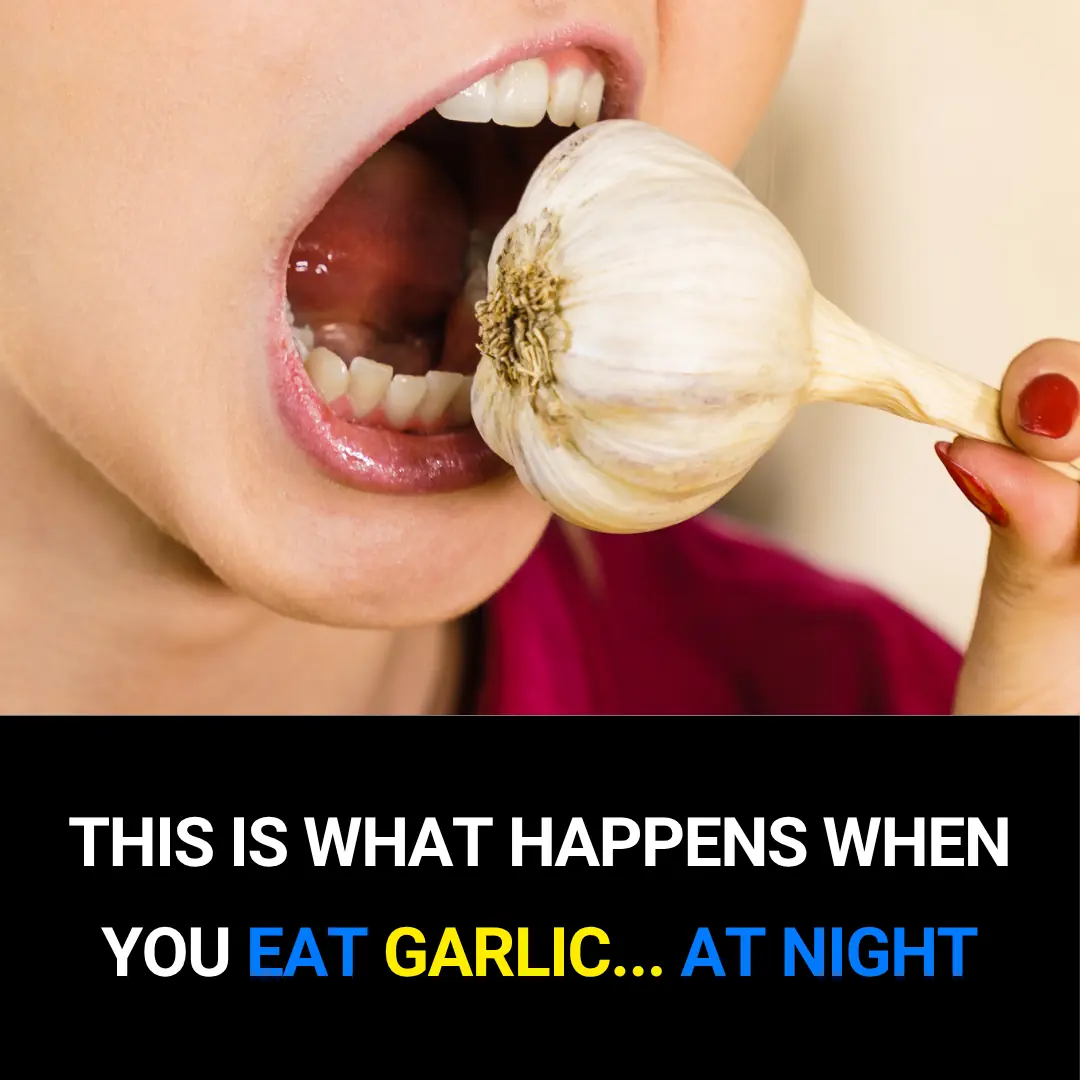
What Really Happens When You Eat Garlic at Night
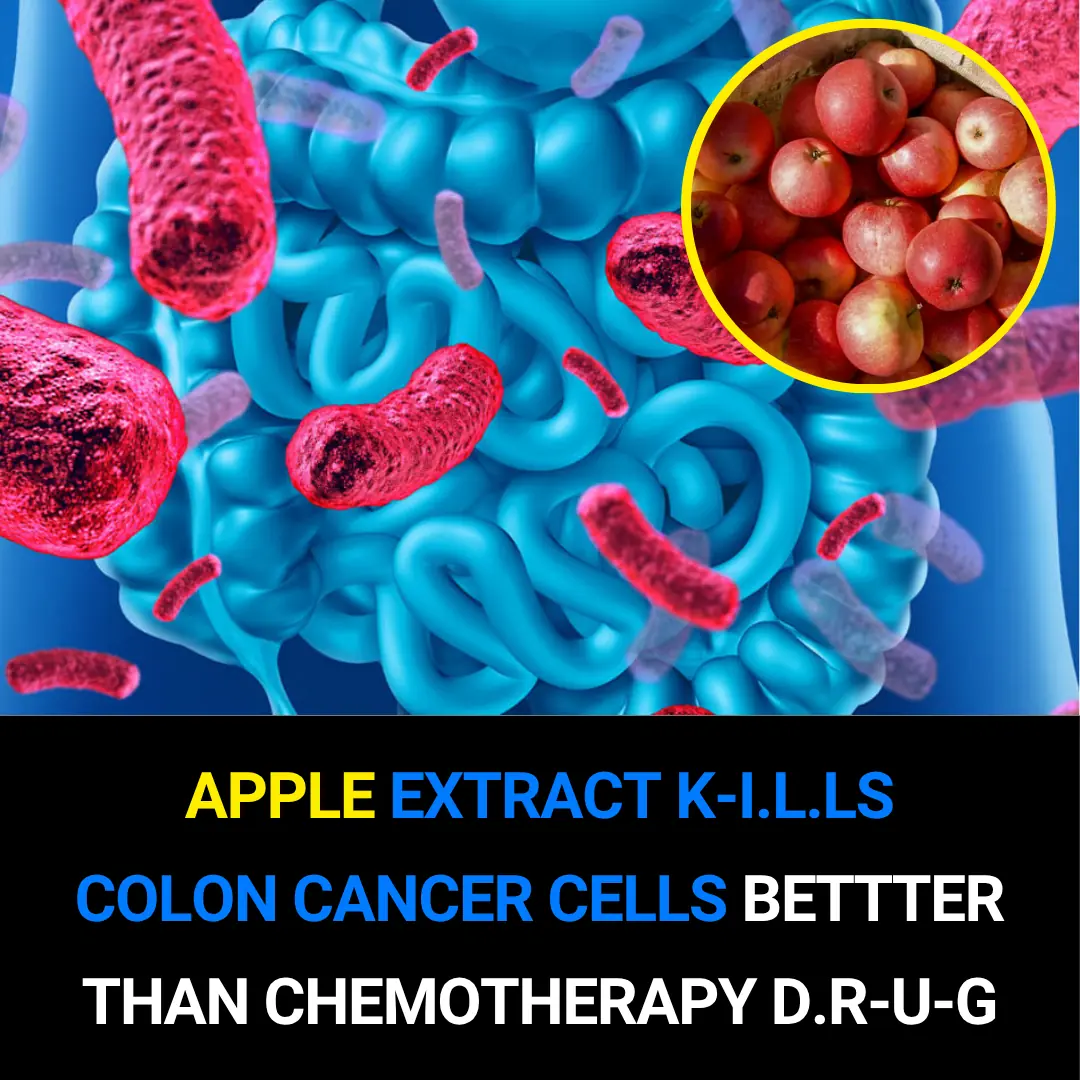
Apple Extract Found to Kill Colon Cancer Cells More Effectively Than Chemotherapy Drug
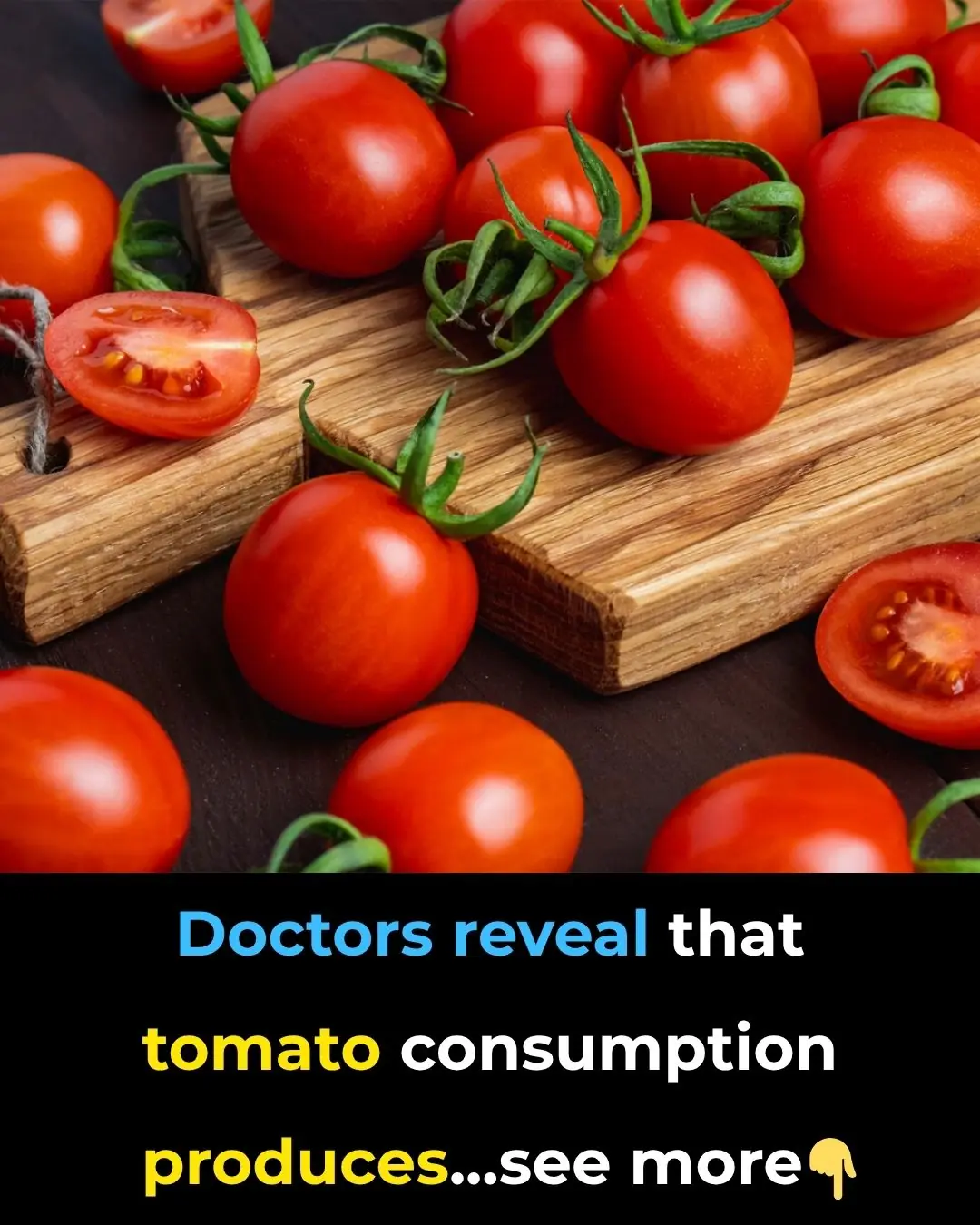
Scientists reveal that consumption of TOMATO causes
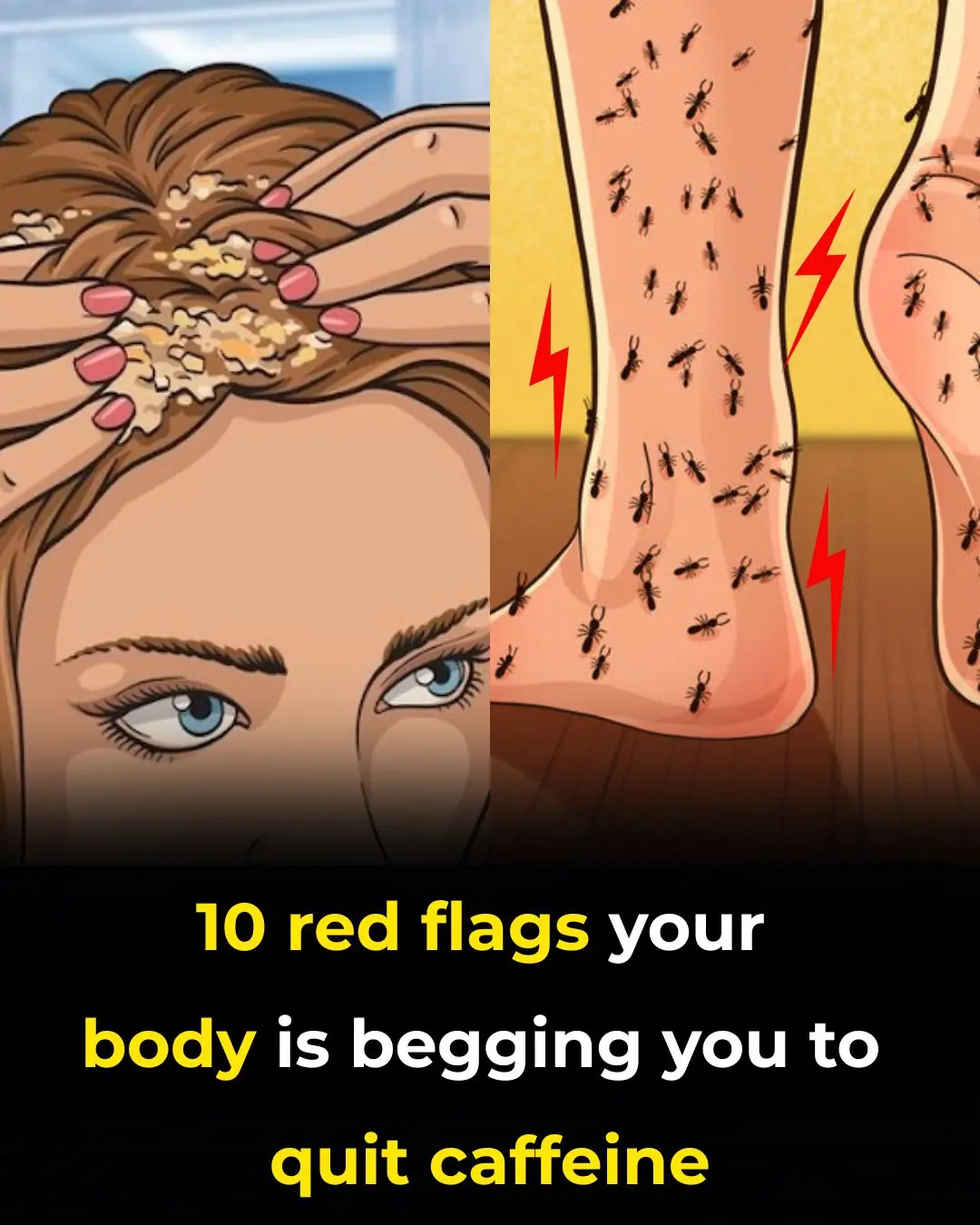
10 Red Flags Your Body Is Begging You to Quit Caffeine
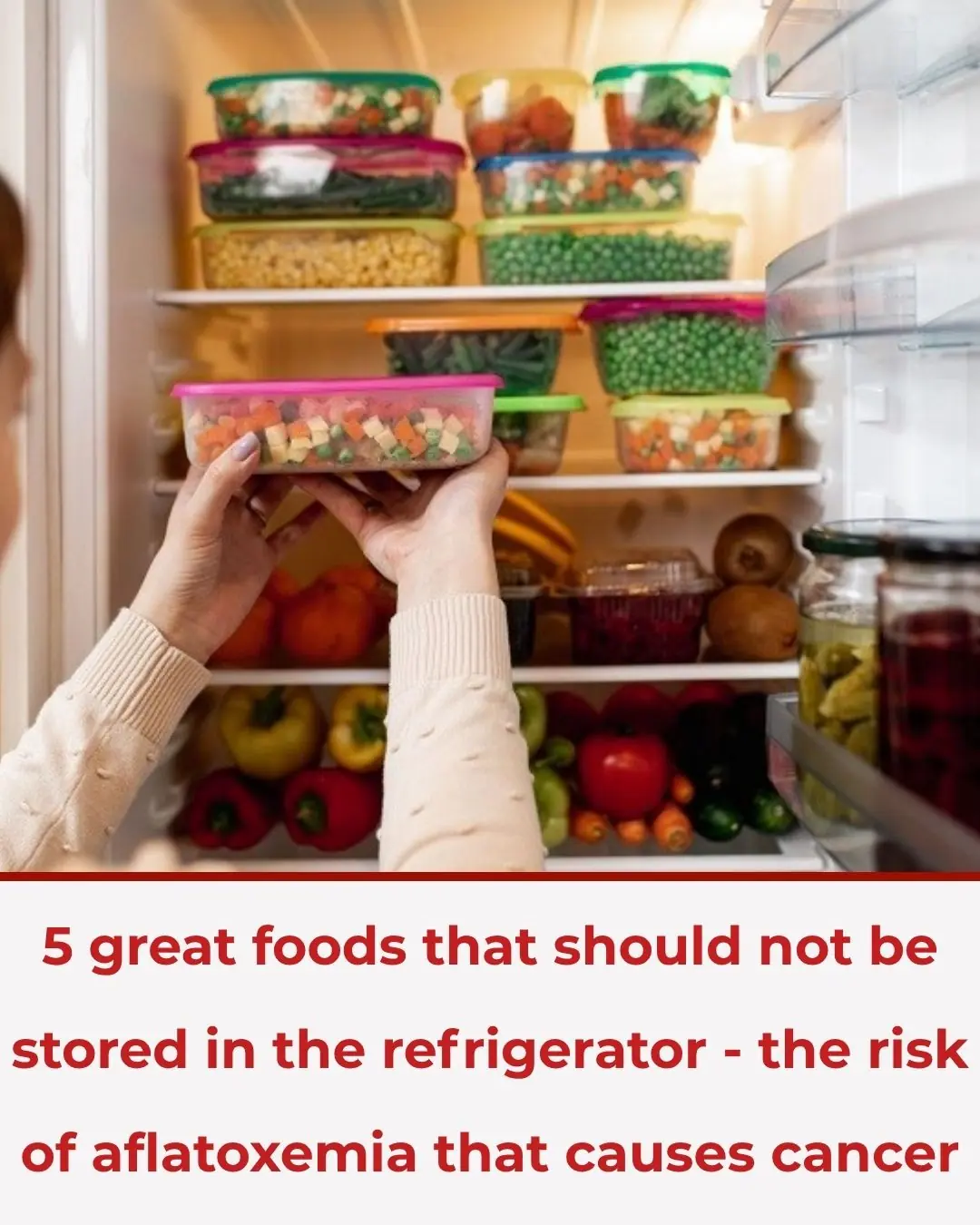
5 great foods that should not be stored in the refrigerator - the risk of aflatoxemia that causes cancer
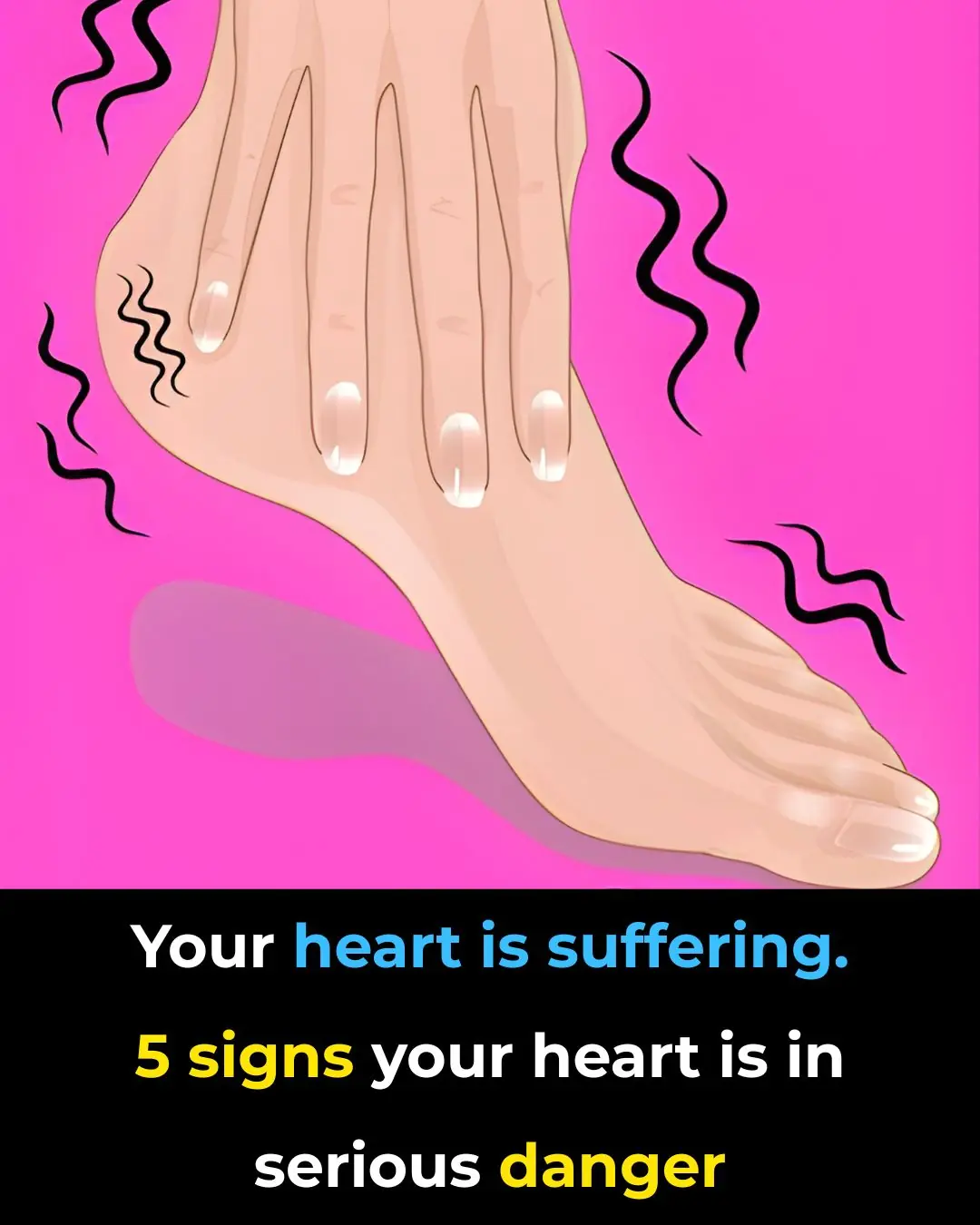
❤️ 5 Subtle Signs That May Suggest Heart Trouble – And When to See a Doctor
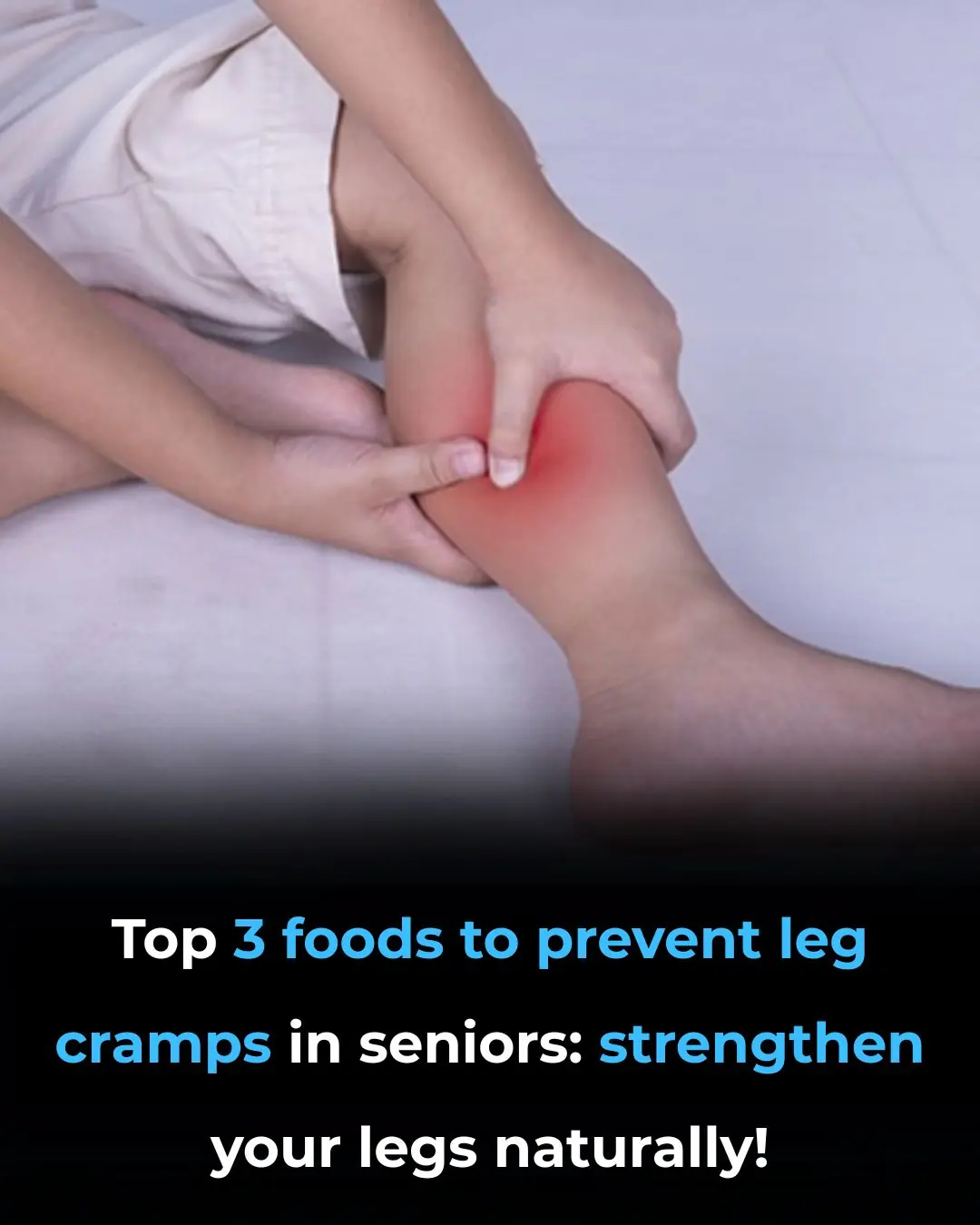
Eat these 3 foods to strengthen them…

Neckline Wrinkles 5 Tips to Prevent and Eliminate Them
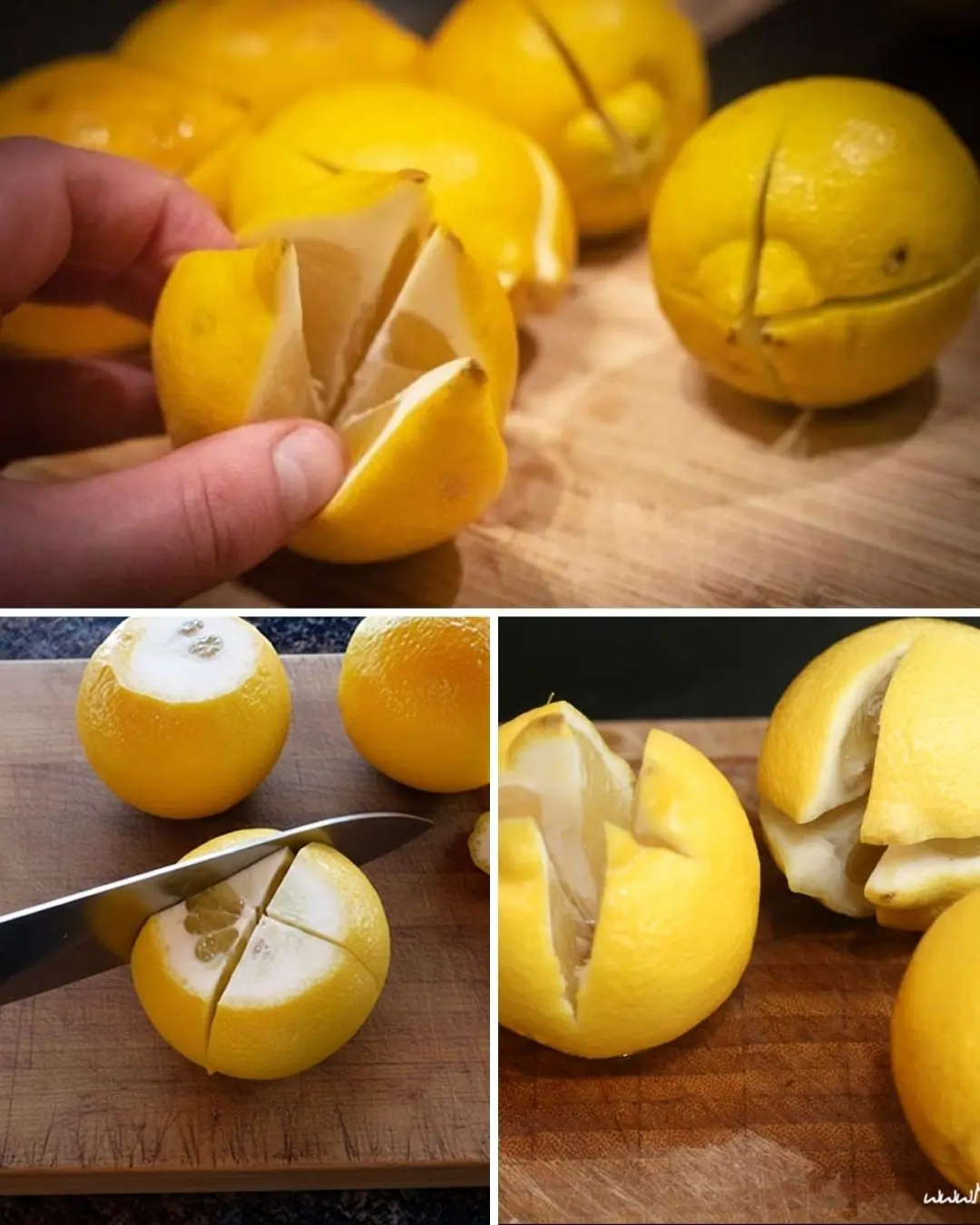
The Reason Some People Keep Lemons on Their Nightstand While Sleeping
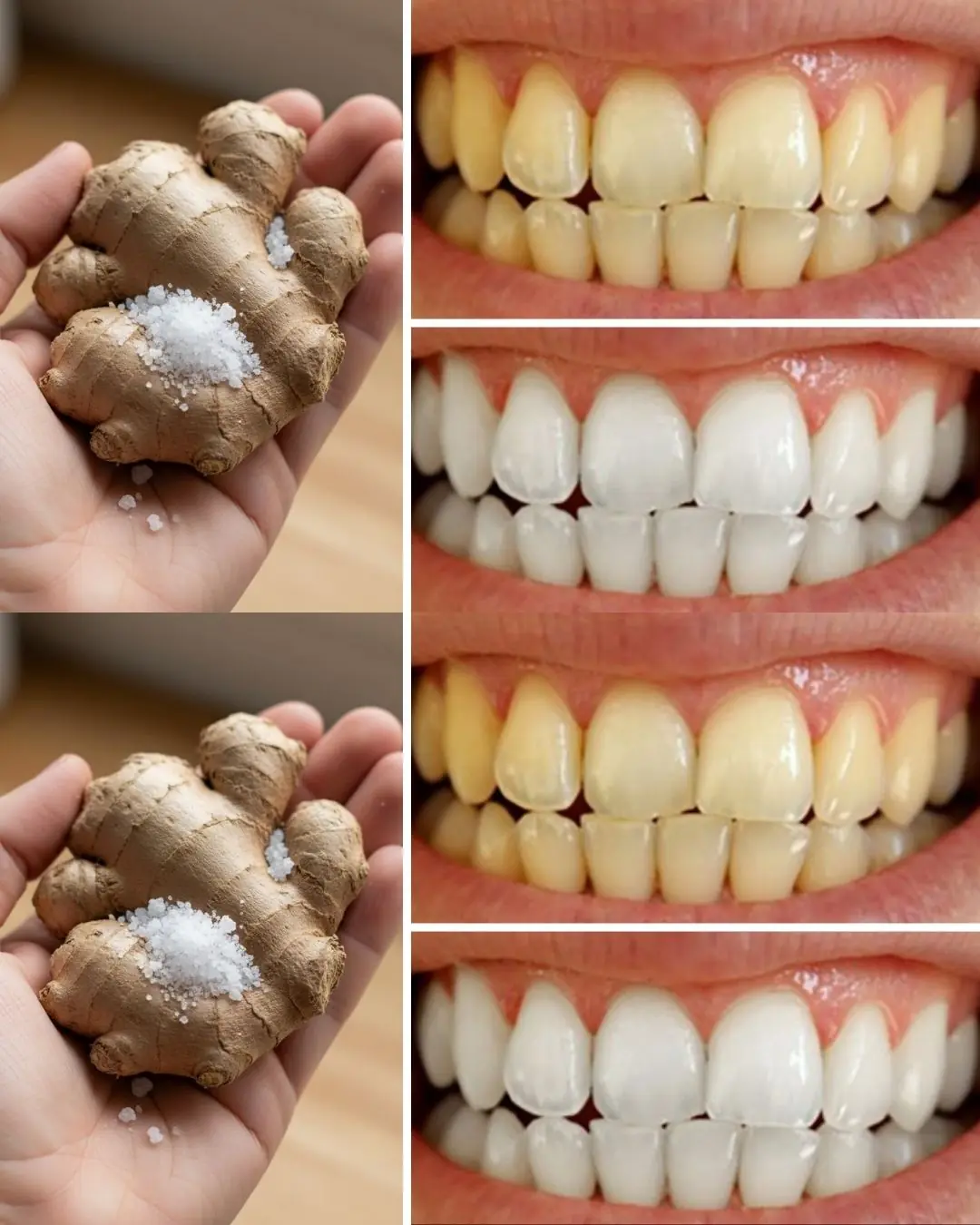
Ginger and Salt Teeth Whitening Remedy
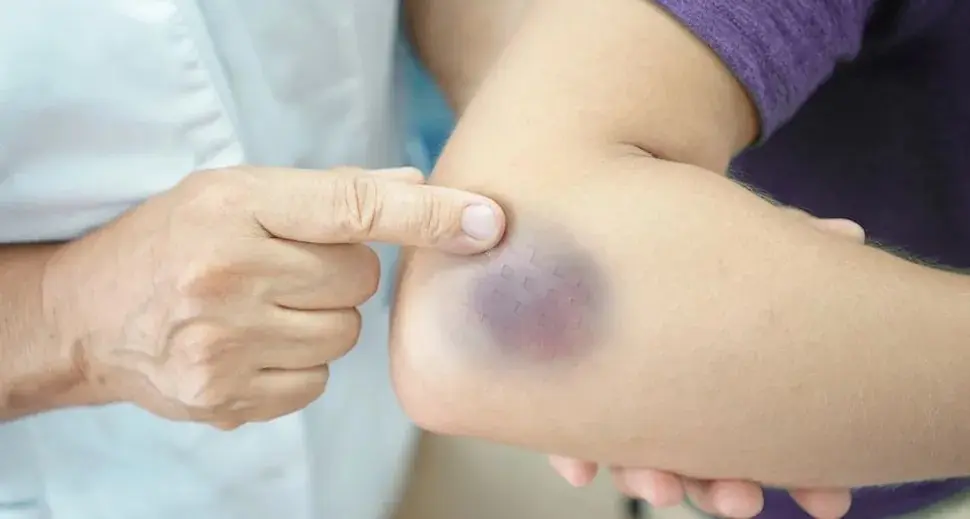
The Pain Most People Brush Off That Signals Serious Trouble
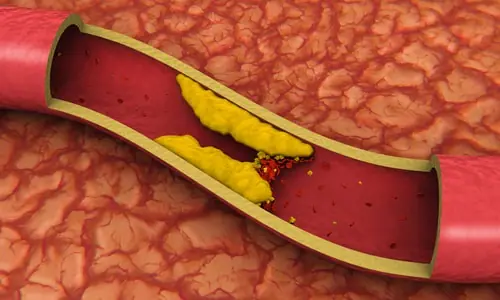
Warning Signs Your Arteries Need Cleansing and The Foods That Do It Best
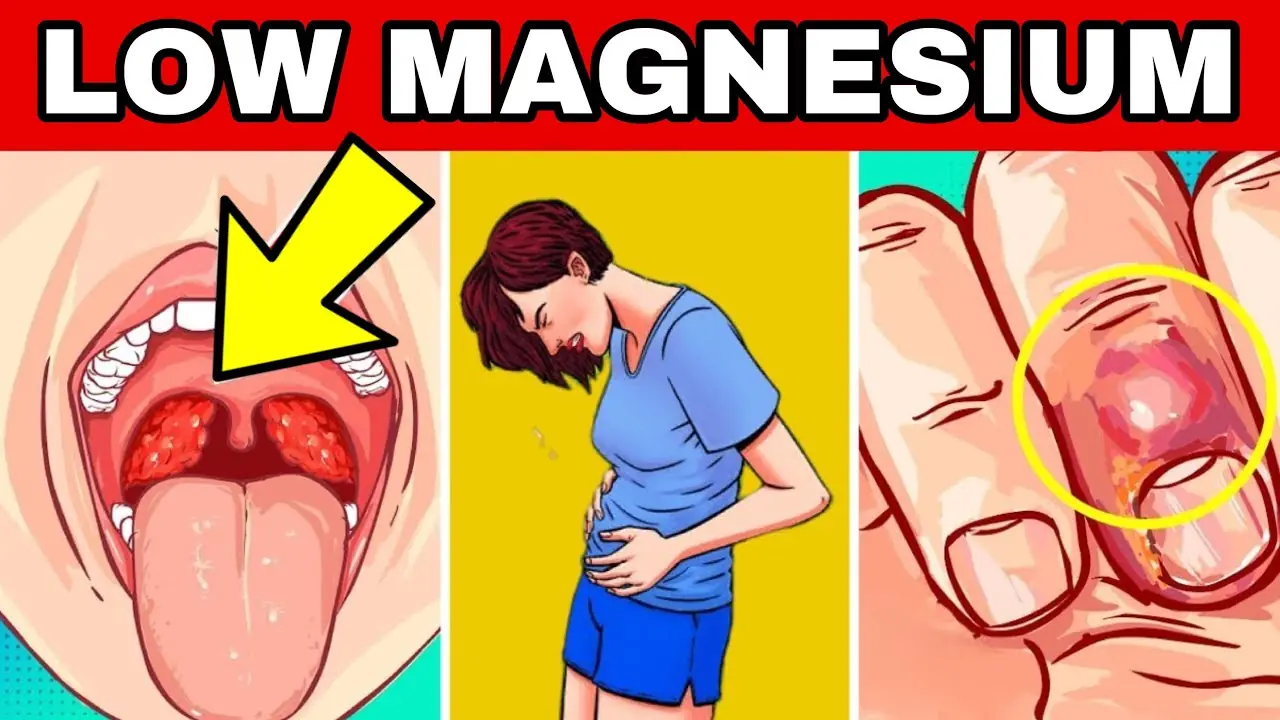
10 Warning Signs of Low Magnesium Levels and What to Do About It

The 5 fruits secretly damaging your brain after 50
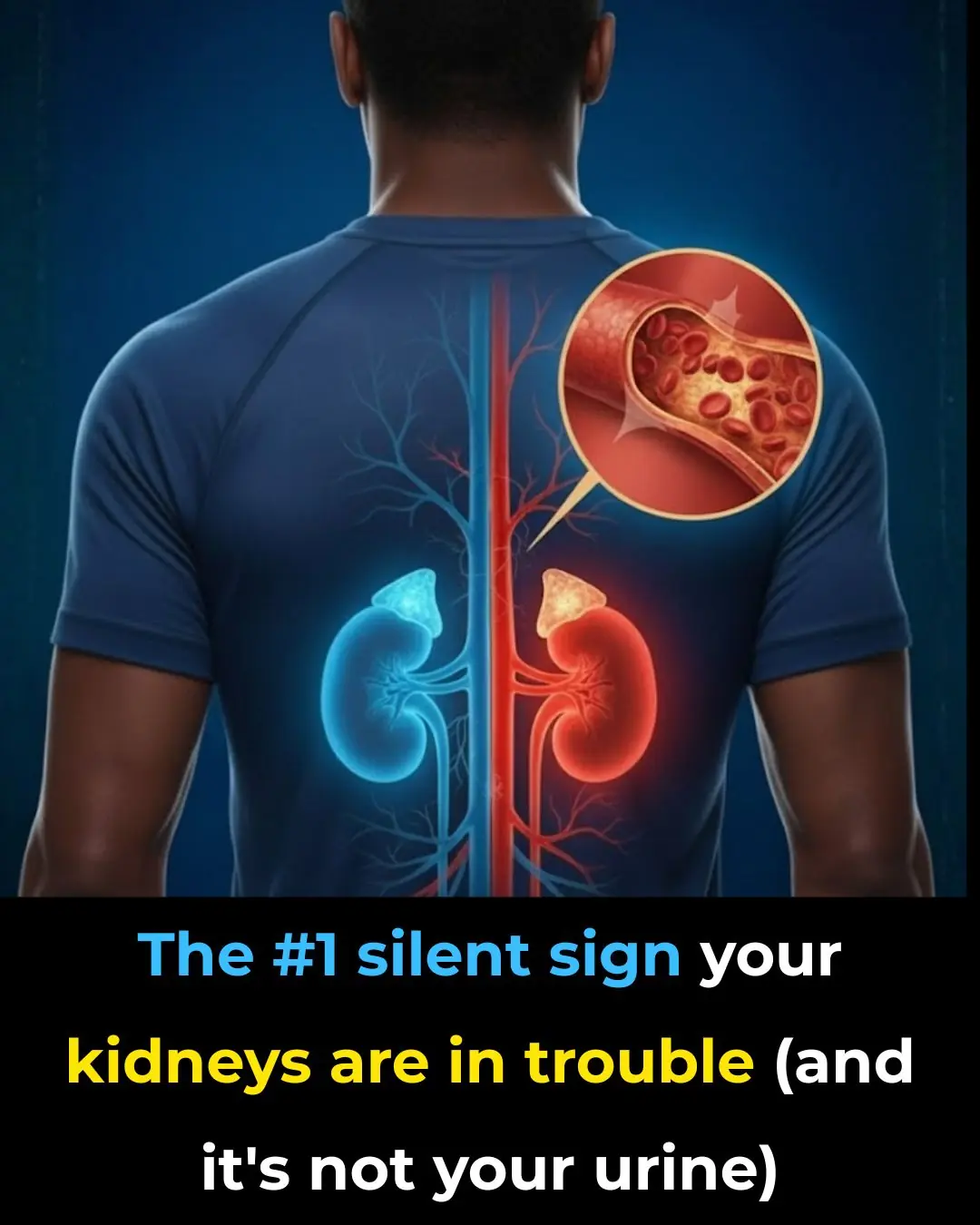
The #1 silent sign your kidneys are in trouble (and it’s not your urine)
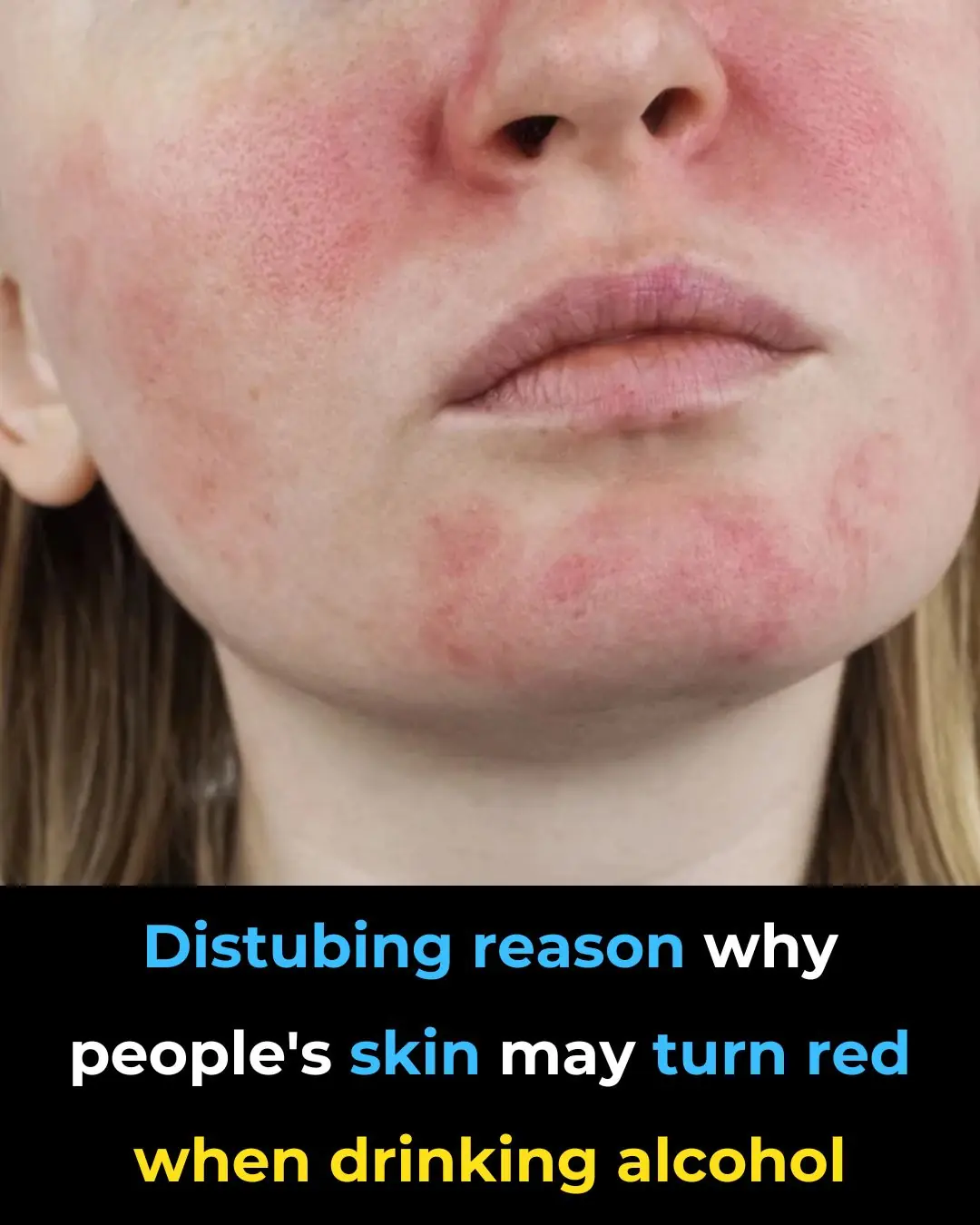
Why Some People’s Skin Turns Red When Drinking Alcohol
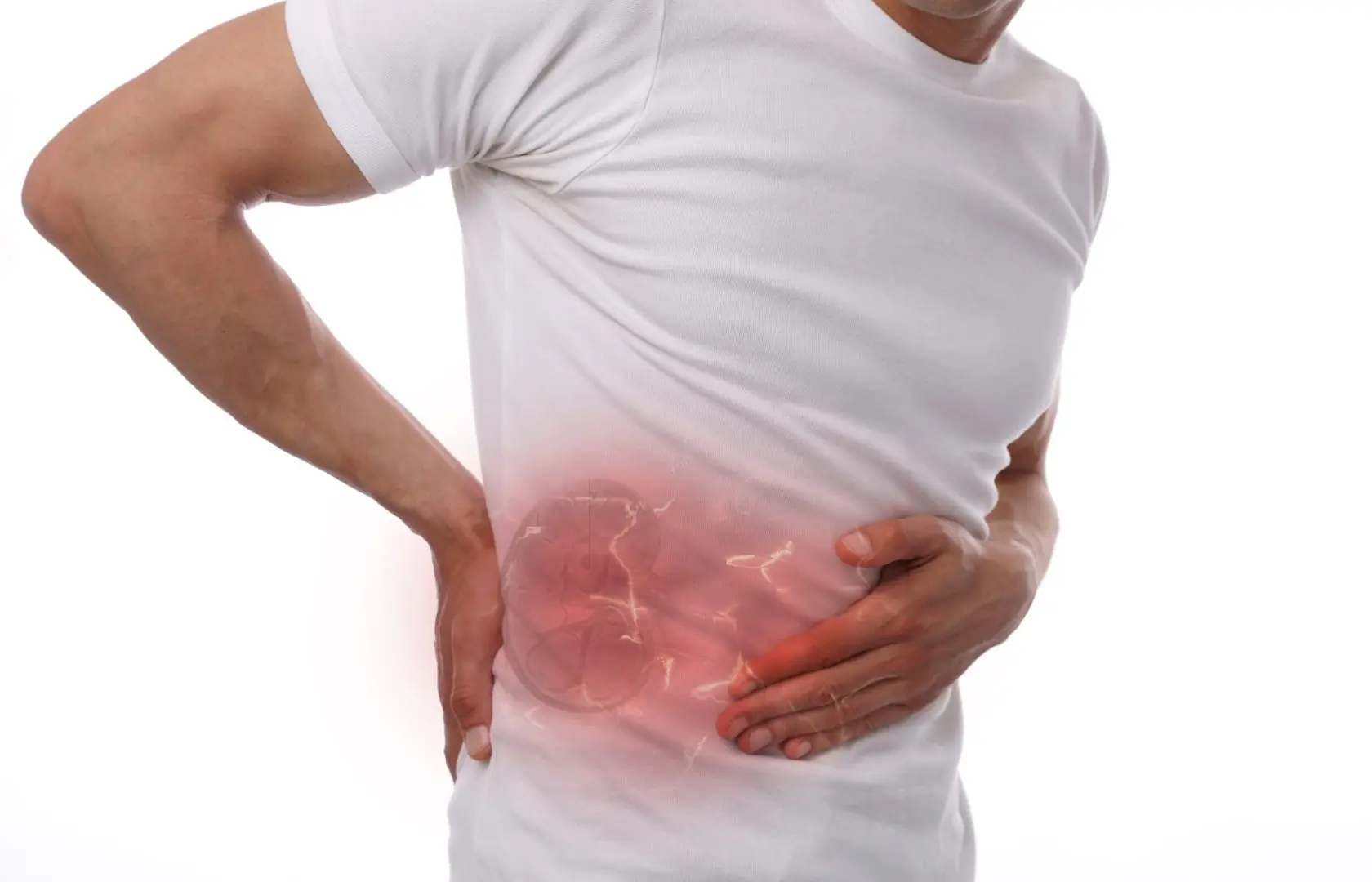
🩺 The #1 Silent Sign Your Kidneys Are in Trouble (And It’s Not Your Urine)

The 5 Fruits Silently Damaging Your Brain After 50 — And What to Eat Instead
News Post

A Little Boy’s Dream: Helping Jaś Find His Voice

A Story of Love, Loyalty, and a Simple Wish for Help

Danya’s Light: A Remarkable Tale of Resilience, Kindness, and Giving Back

The Badge, the Blood, and the Heart Beneath the Uniform.

When a Lion Remembered Love.

The Sun Still Shines: The Courage of Sophie Scholl.

Carter’s Journey: A Moment of Hope and Resilience Amidst the Struggles

Marek's Courageous Battle: A Story of Love, Hope, and Unwavering Strength

The Golden Elephant: When Nature Turned Light Into Living Majesty.
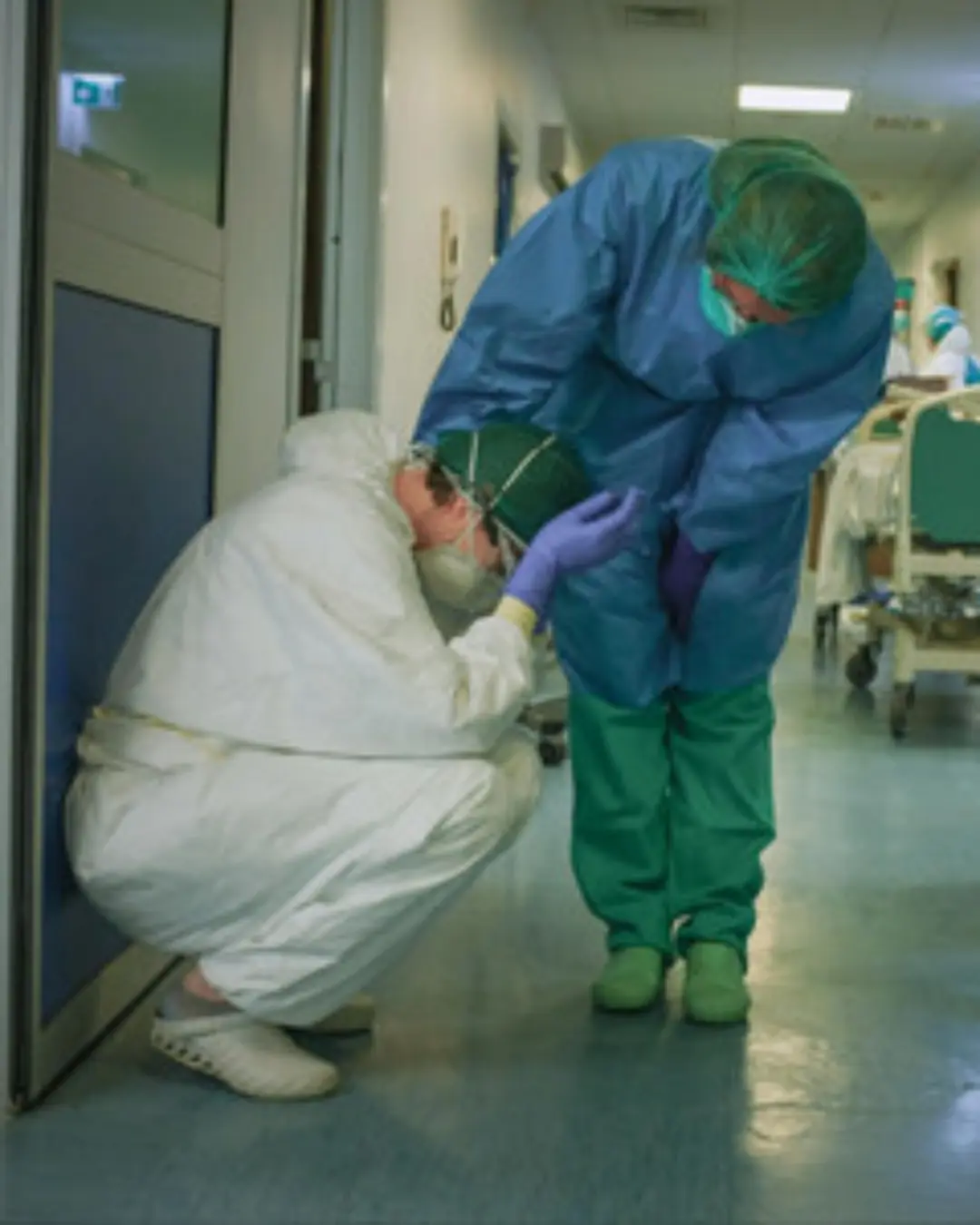
The Hands That Heal: A Tribute to the Quiet Heroes in Scrubs.

The Olive Oil Fasting Trick That Resets Insulin Resistance — and Triggers Deep Cellular Cleanup

What Really Happens When You Eat Garlic at Night

Apple Extract Found to Kill Colon Cancer Cells More Effectively Than Chemotherapy Drug
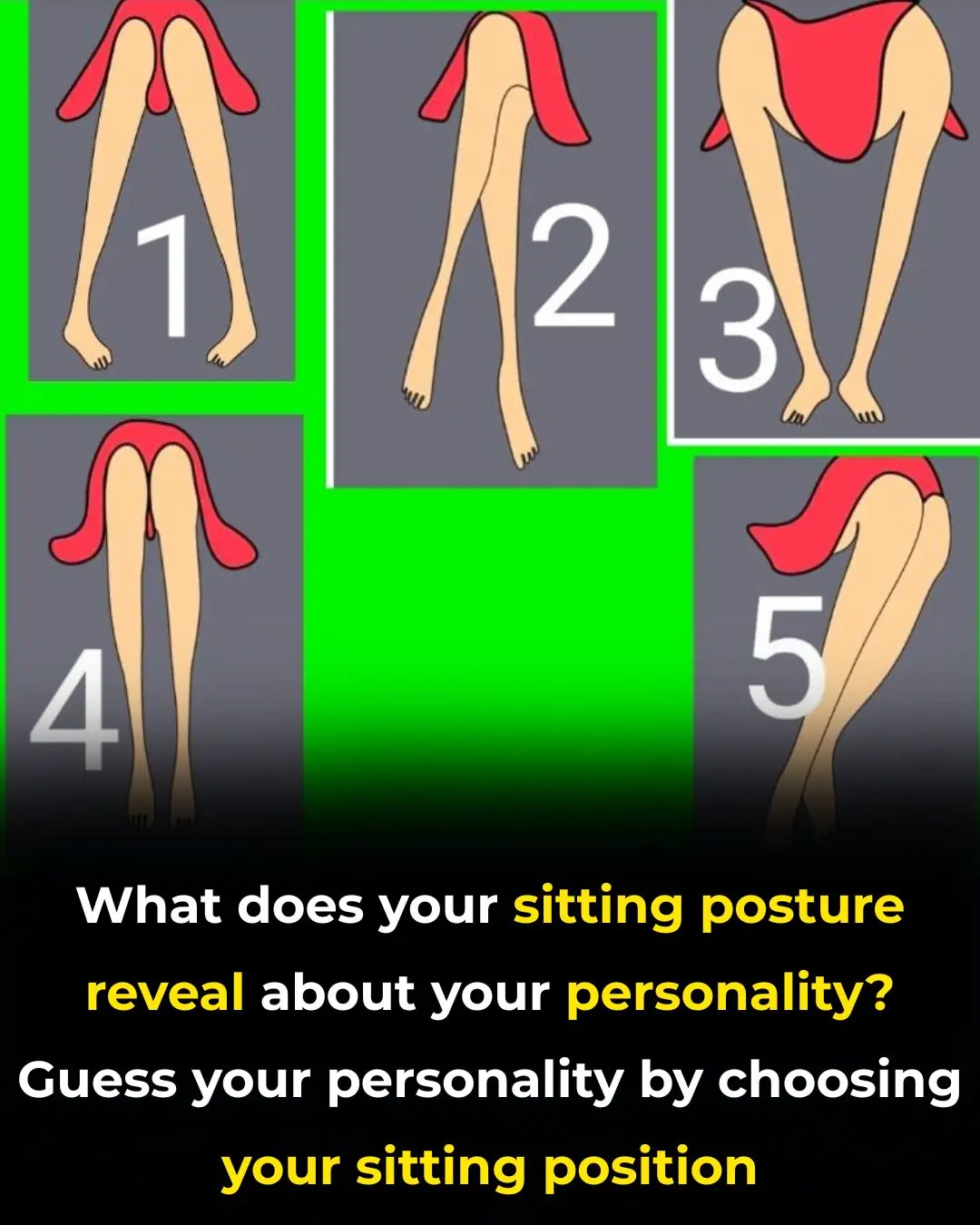
What Does Your Sitting Position Reveal About Your Personality
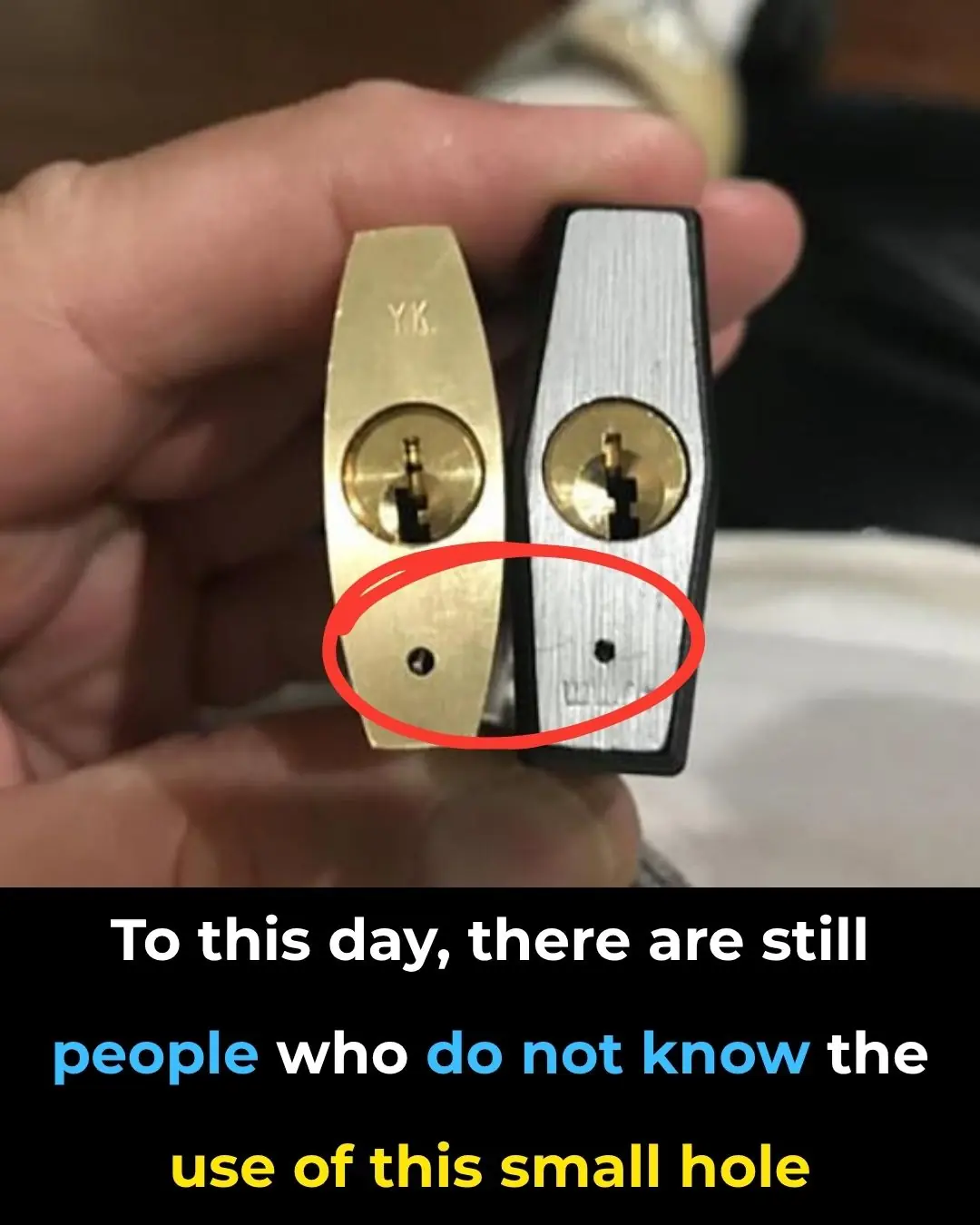
The Uses Of This Small Hole On a Padlock
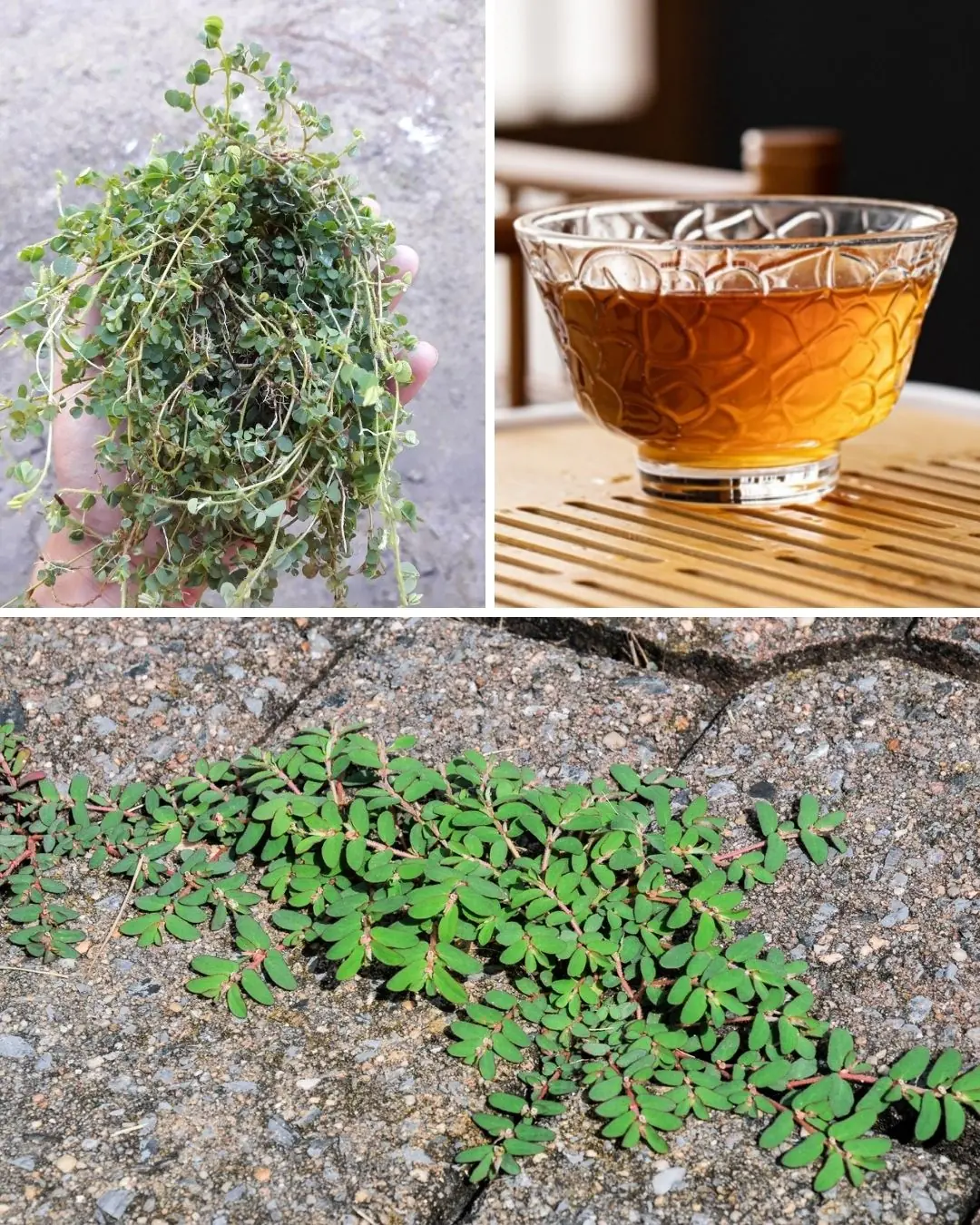
The Health Benefits of Euphorbia Thymifolia: A Powerful Yet Overlooked Herb 🌿✨

The Powerful Health Benefits of Papaya Seeds: Why You Should Include Them in Your Diet

Scientists reveal that consumption of TOMATO causes
